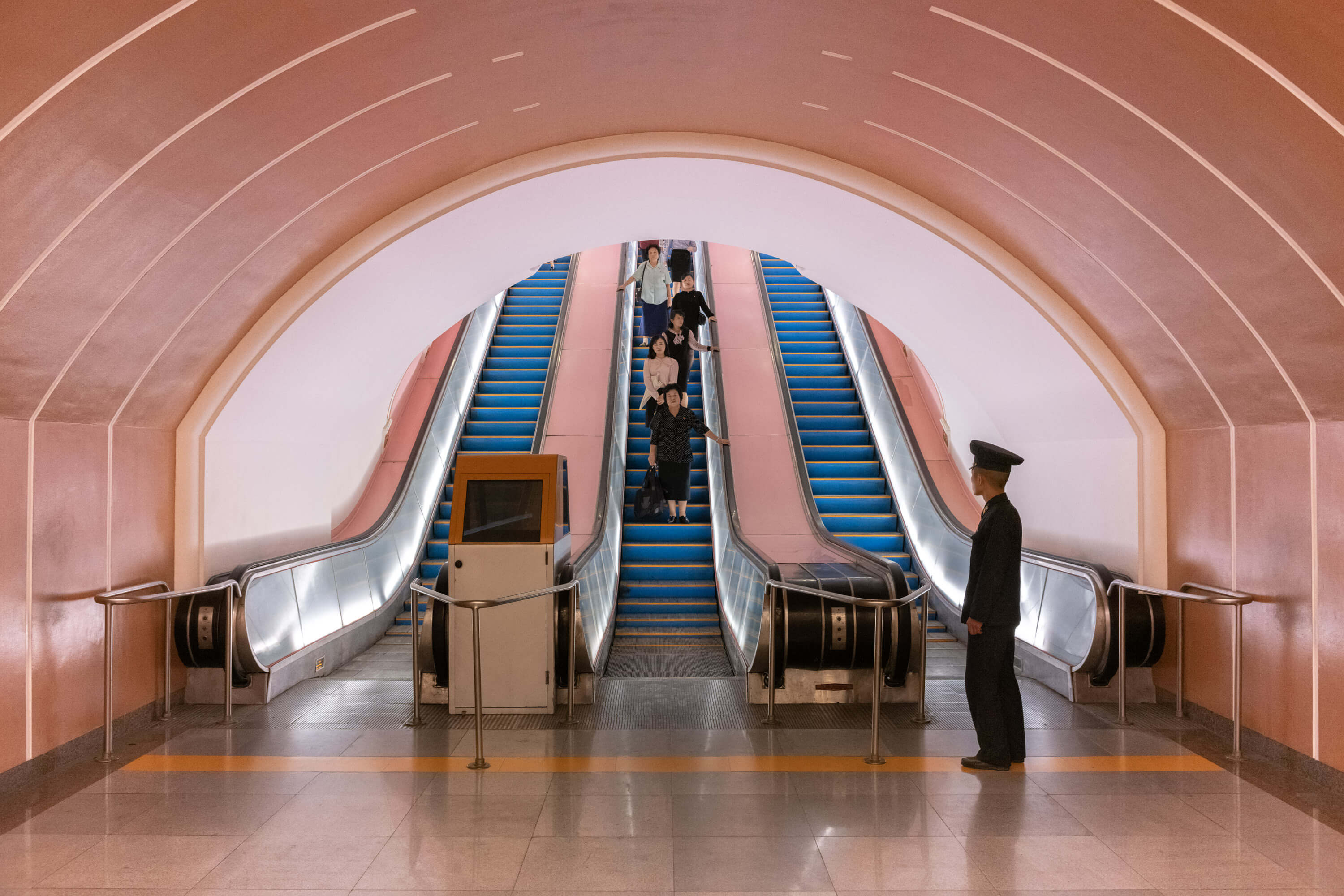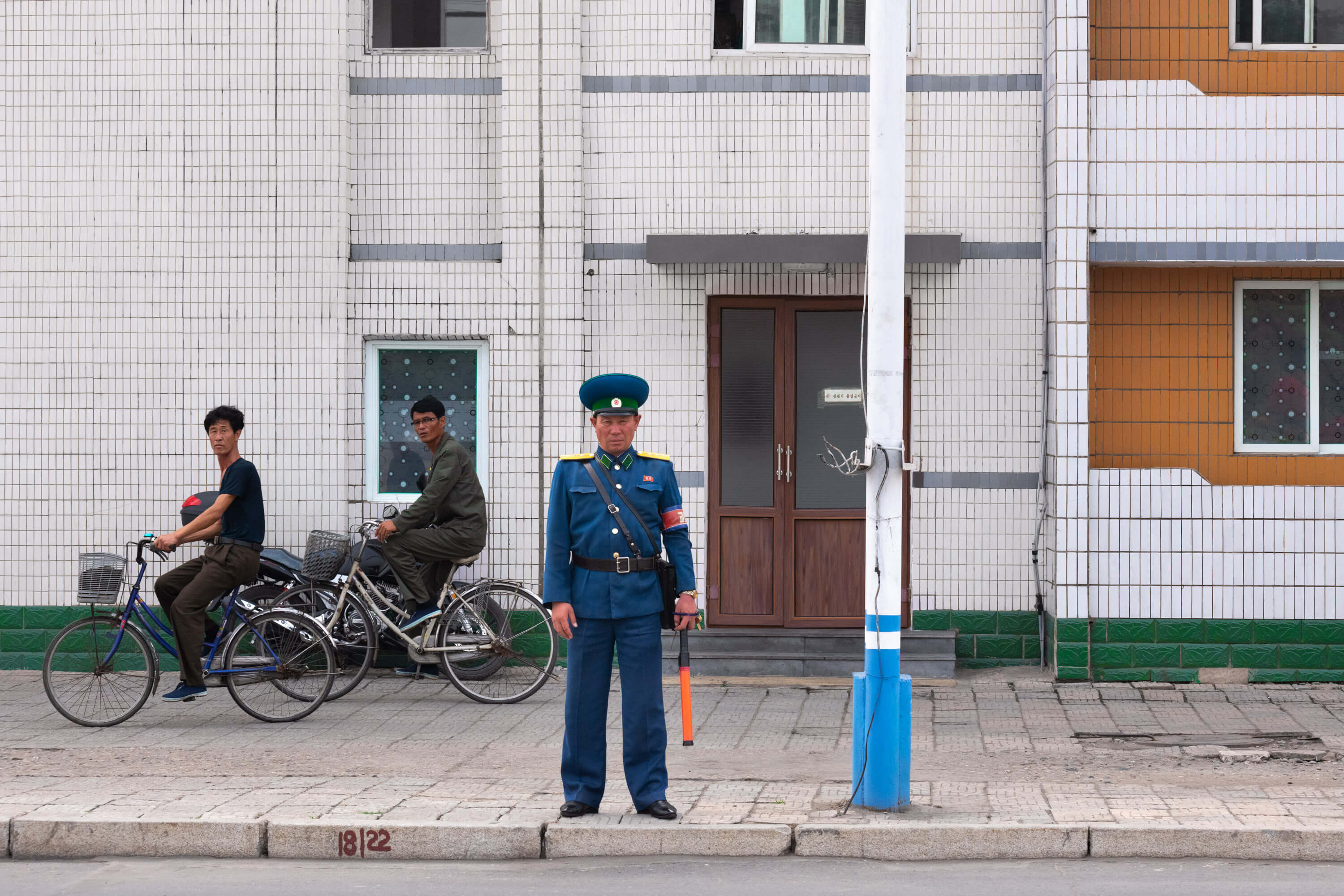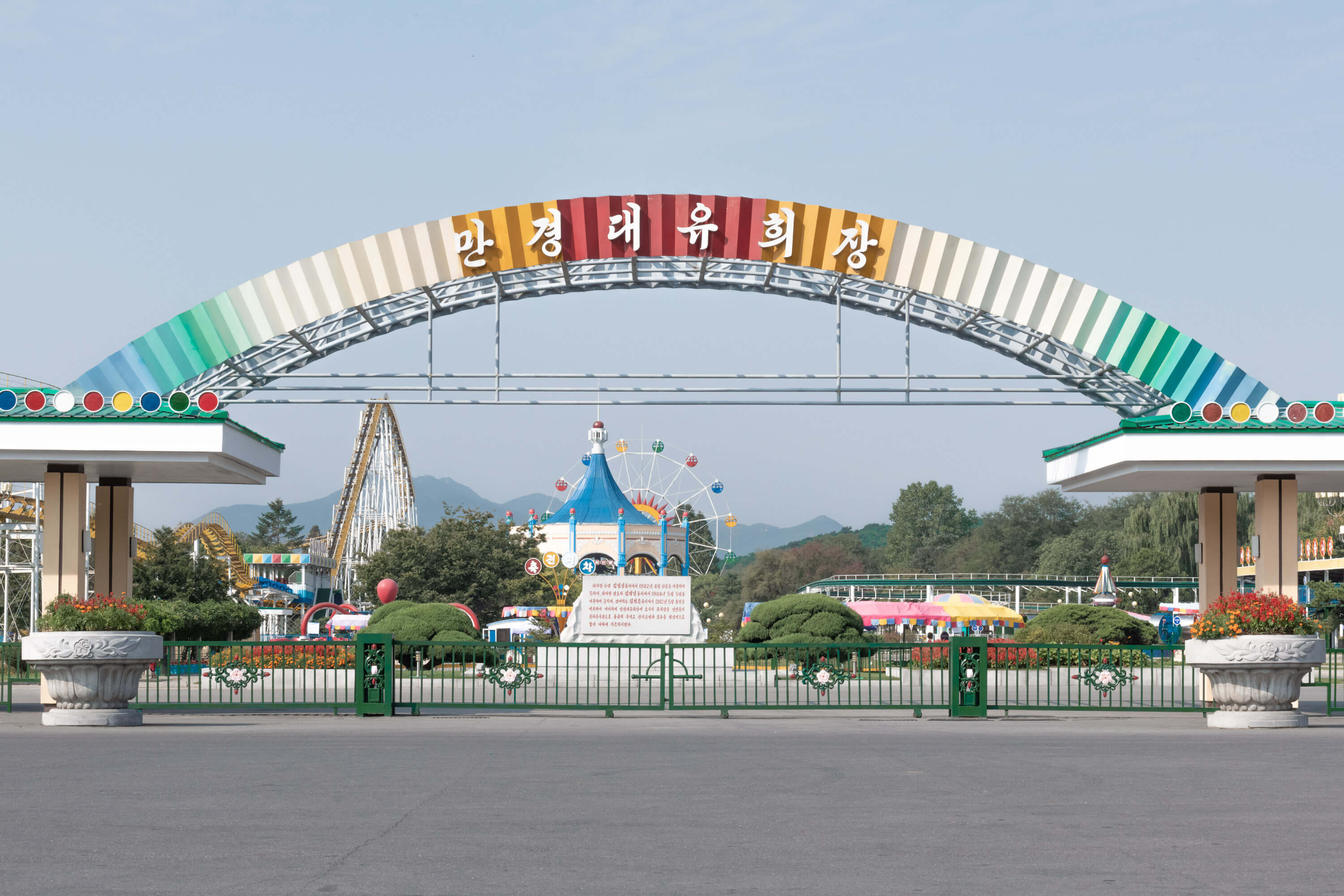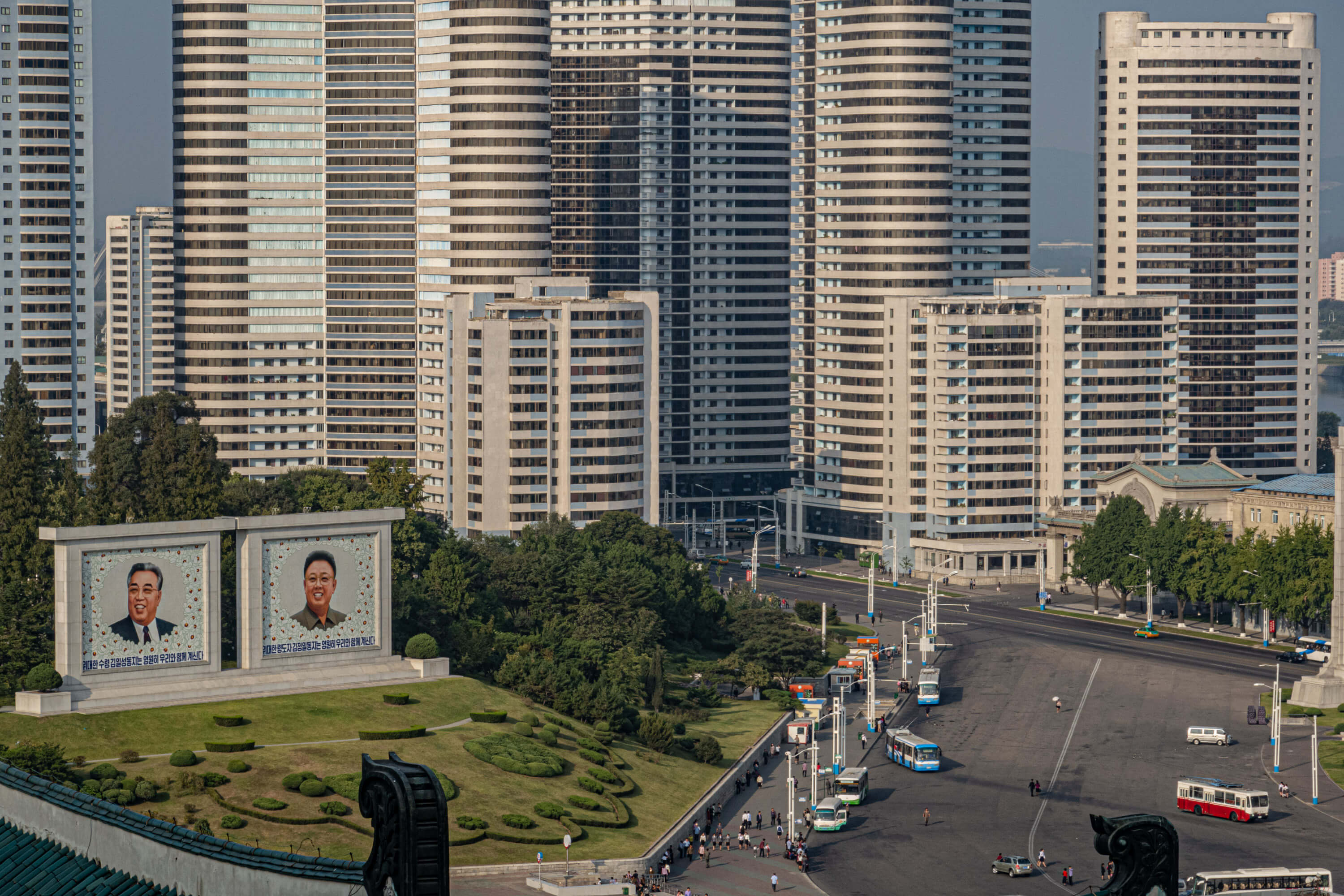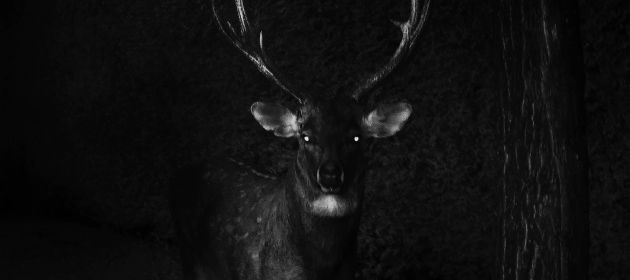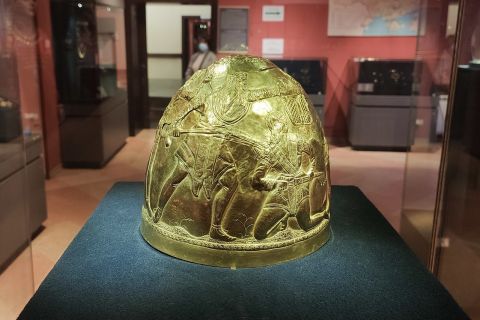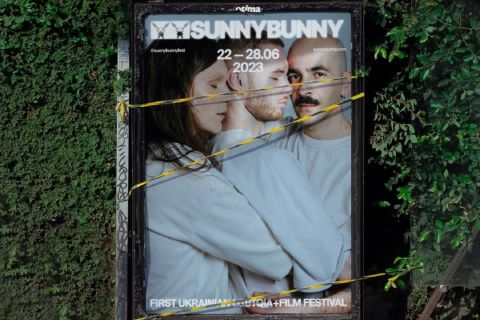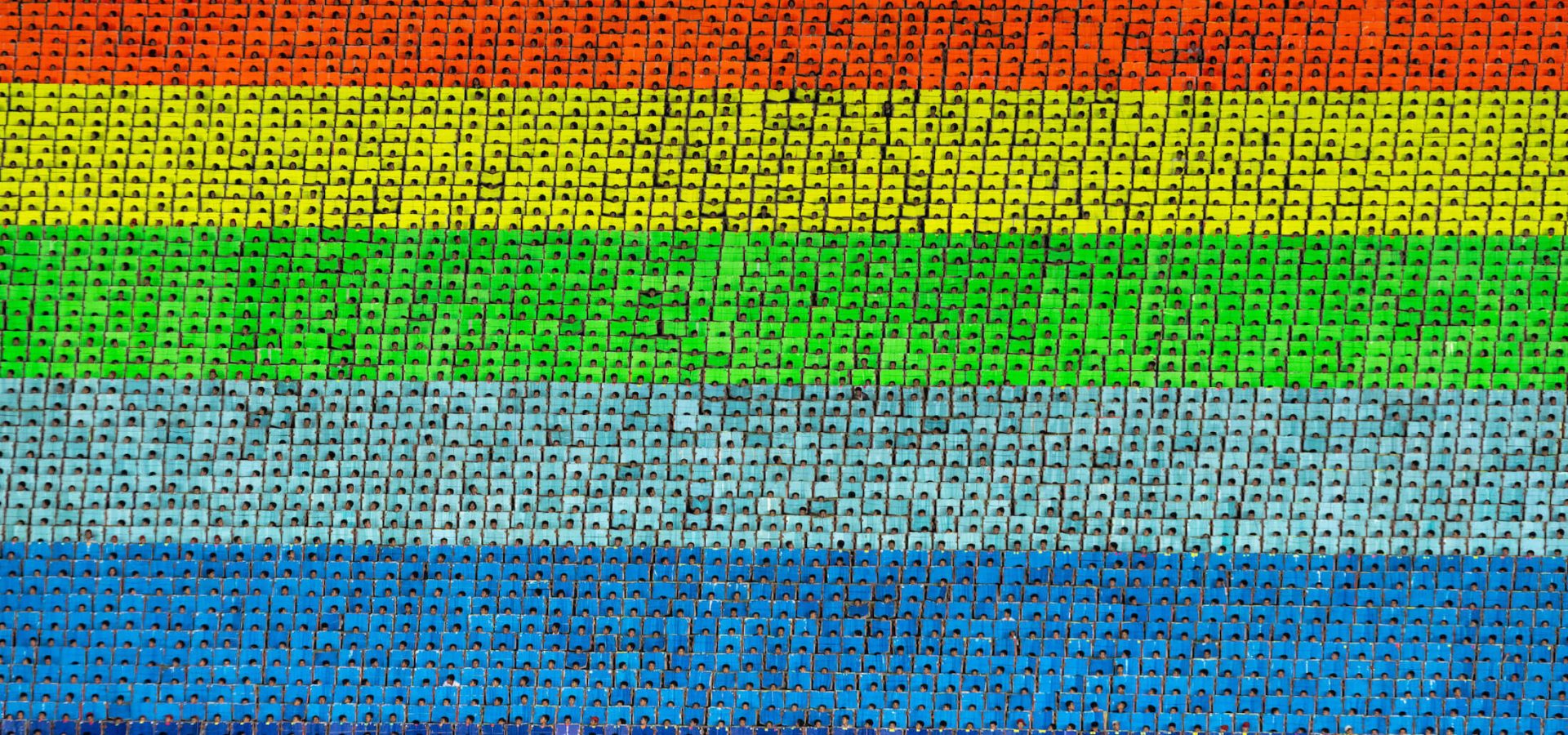
Everyone Is Happy and Beautiful: A Report From North Korea
The slogan “Work makes one free,” known for appearing on the entrance of Auschwitz and other Nazi concentration camps, is an interpretation of the old Latin expression: “Labor omnia vincit” (“Hard work conquers everything”) by the Roman poet Virgil. The English analog of this phrase appeared in the title of the photobook ‘Work Will Set You Free’ about North Korea by Hong Kong artist Ted Lau. The author reflects on what’s behind the bright facade and the loud promises of the government. In Lau’s opinion, hard work doesn’t liberate, and he regrets that North Koreans don’t have the opportunity to be fully-fledged masters of their own lives.

An award-winning fine art photographer. Growing up in Hong Kong, Ted started taking photographs when he was as young as 11. His work has been exhibited in the UK, UAE, and the USA. Ted Lau has won awards at American, European, and Asian festivals and competitions. Finalist of Sony World Photography Awards 2020 and Travel Photographer of the Year 2019, Honorable Mention at Prix de la Photographie Paris 2019.
– Before my trip to North Korea, I imagined it not as a place where all people are robots but as a country whose citizens are taught to adhere to a particular way of life. It was easy to believe, considering that I attended a Hong Kong school, where there were rules even for students’ haircuts. Of course, I heard about hunger, poverty, and the “front facade” that the North Korean government creates (fake shops and houses built for propaganda reasons) – but I was skeptical about this. I could believe that this existed in the darkest period of the country’s history, but I wasn’t sure what is the actual situation. Therefore, I was looking forward to coming and finding out the truth.
I realized that this country would be completely different from anything I had seen before: a strange combination of the East and communism with an elaborate display of nationalism. Many years ago, China looked like that too, so the trip to North Korea felt like a metaphorical return to the past. I knew that they would not give me much freedom of movement, and I would have to adhere to the schedule strictly.
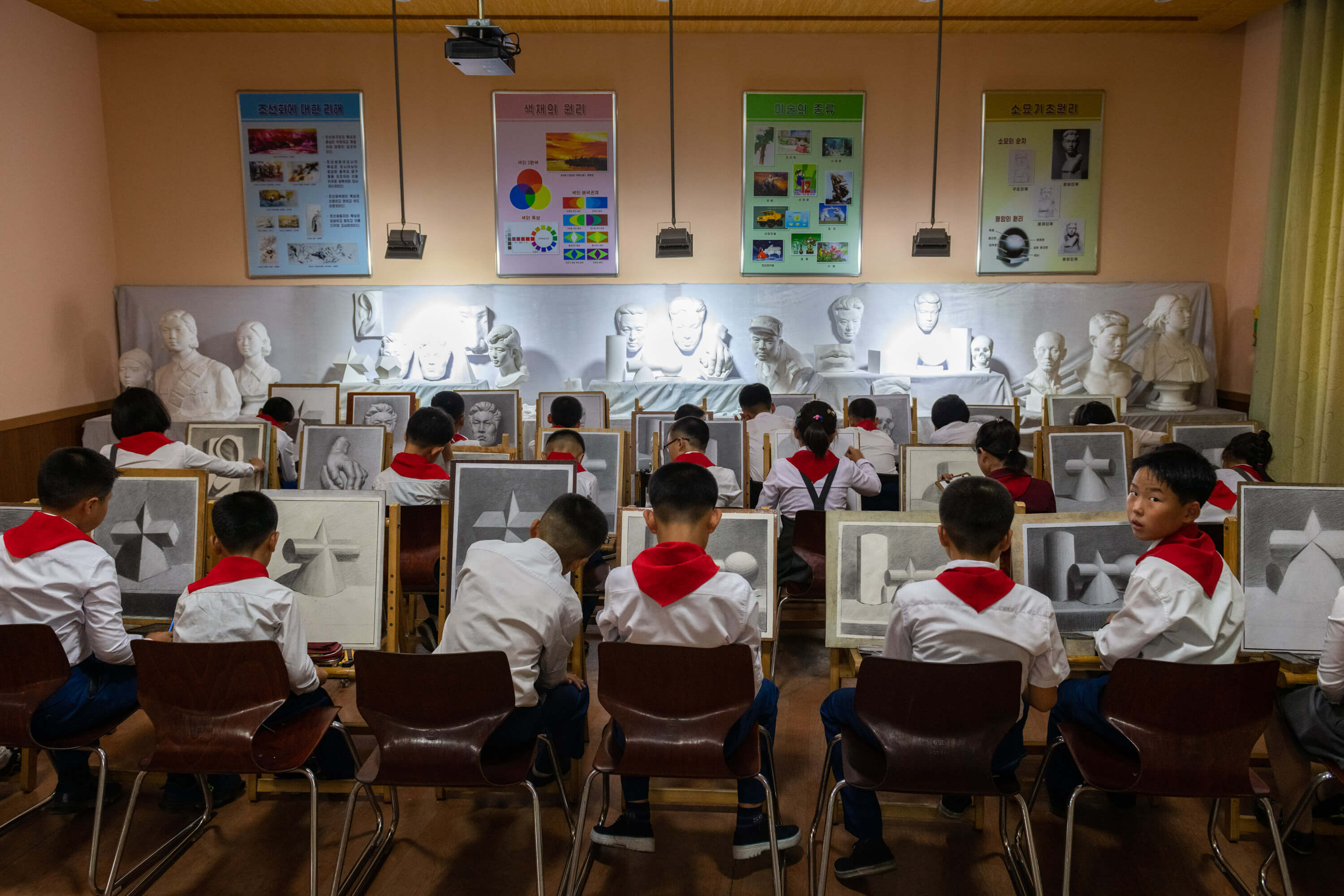
I was preparing for this trip for many years and arrived there in October 2019. Before the trip, I watched the HBO series about Chernobyl, and some North Korean areas reminded me of episodes about life in the USSR. We were immediately warned about the prohibition to communicate with locals; in addition, we strongly felt the language barrier, so we mainly contacted our guides. There was no ban on filming, which, incidentally, was surprising because an image is worth a thousand words.
The most surreal experience was a visit to the cave system. A female tour guide talked about Kim Jong-il’s visit, his incredible courage while walking alone on slippery stones, and his kindness to workers for whom he opened a clinic nearby. Such stories are, of course, astounding – perfectly ordinary actions and deeds were fiercely praised and presented as surprisingly valuable.
North Korea is not the most convenient place to live in material terms, but the times of hunger and fake food stalls are long gone. Most of the people seemed well fed. The big problem is that they all live in a very small world, cut off from the rest of the planet.
North Korea is not the most convenient place to live in material terms, but the times of hunger and fake food stalls are over.
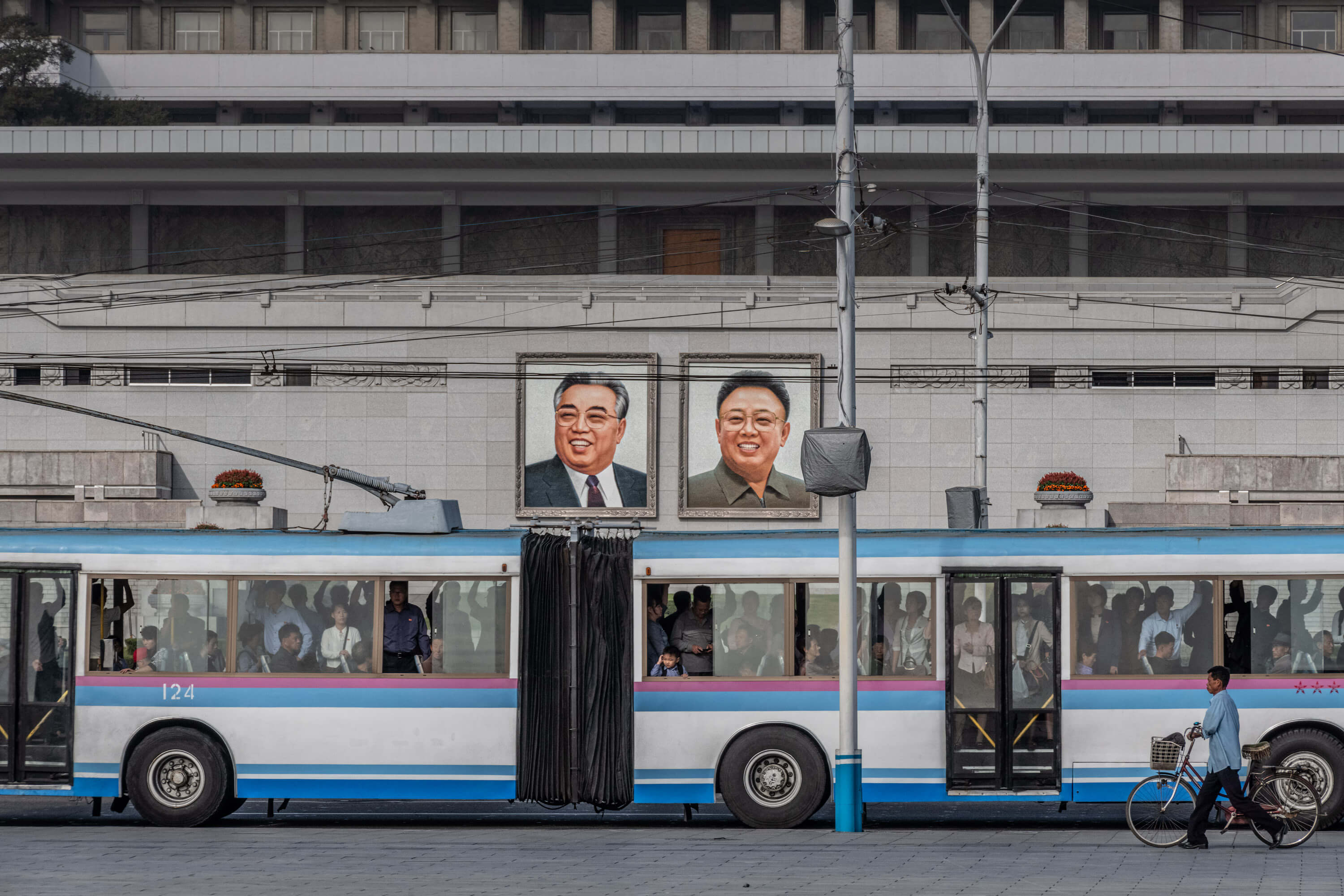
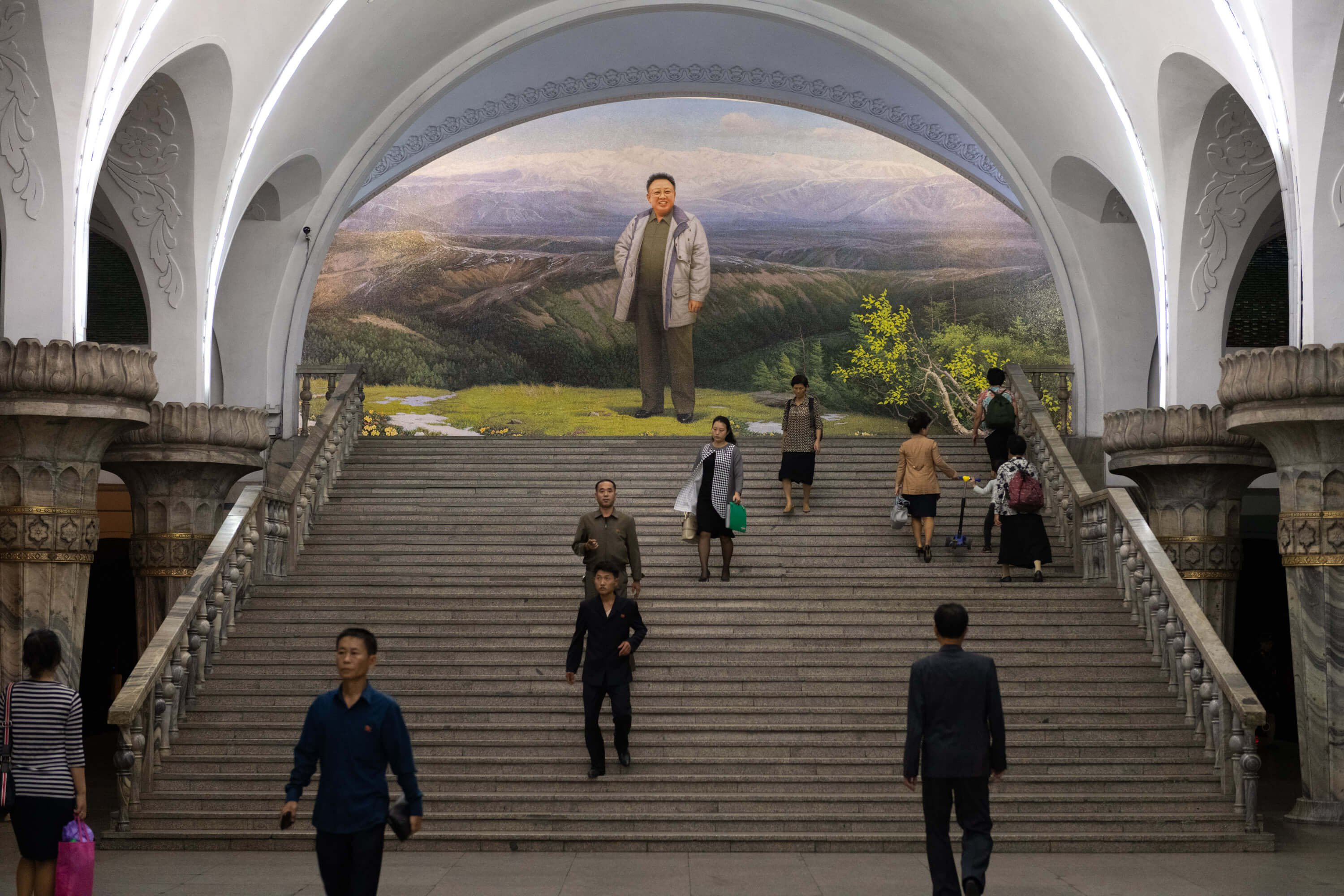
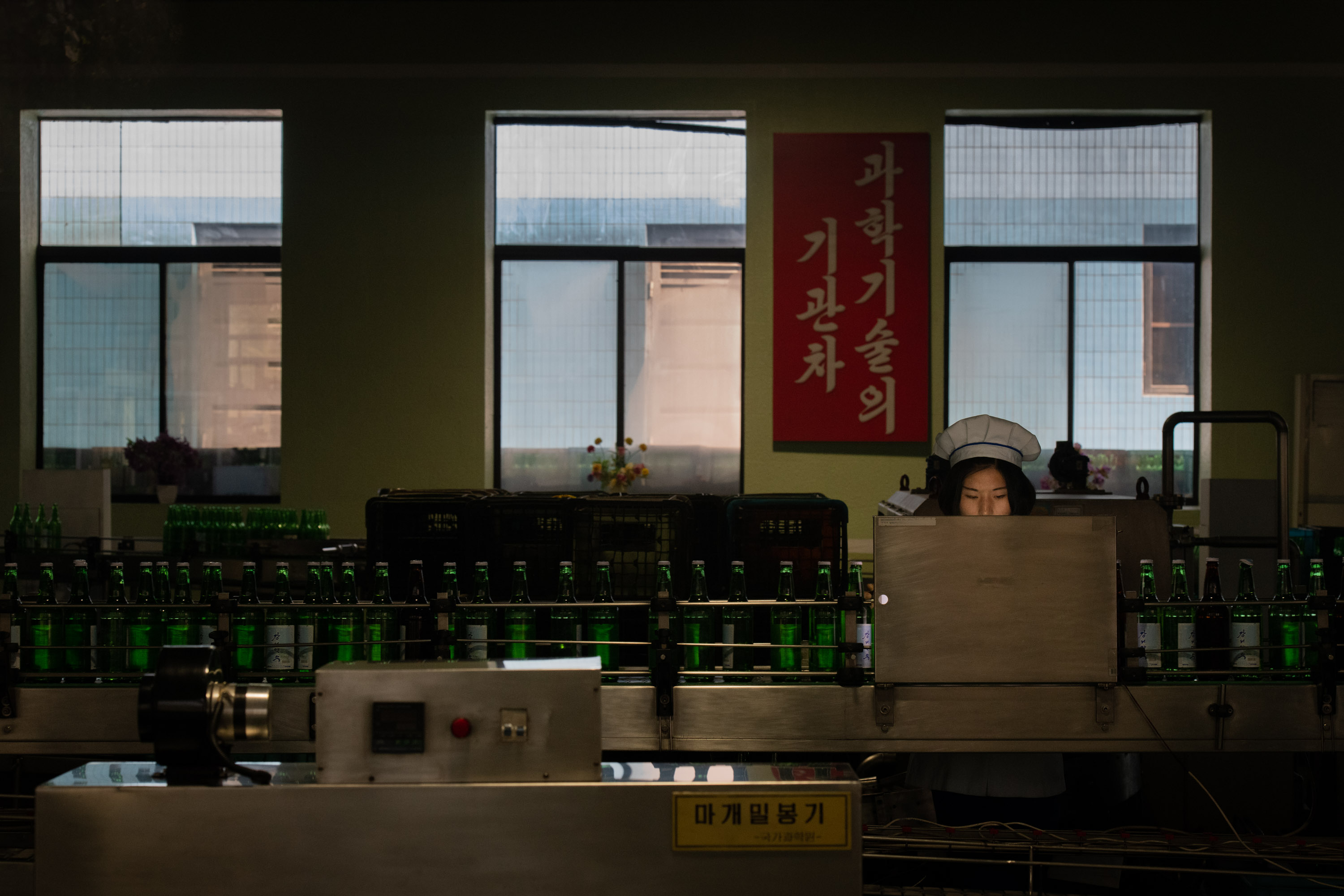
In the introductory texts to my photo book, both me and Yu-Ting Cheng, a fine artist based in Taiwan who accompanied me on my trip, use the word “beautiful” to define what we saw in North Korea. When we described the North Korean people as “beautiful,” we meant that they are as great people as any other nation. We are sure that the country’s inhabitants are not evil and did not plan anything insidious against us. The regime is not equal to the North Korean people.
The country itself is beautiful because a significant part of its territory has not been touched or tainted by civilization. When visiting attractions in any other part of the world, you stumble upon either crowds of tourists or heaps of garbage, which can ruin any experience.
During the trip, I thought a lot about freedom and happiness. Today, most of the world is “free” – that is, you can choose what to do, where to live, where to travel, what to eat. Before this trip, I never thought how lucky I was to have this freedom. But I don’t believe that you need to be free in order to be happy. It depends on what kind of person you are and what you are striving for.
I don’t believe that you need to be free to be happy.
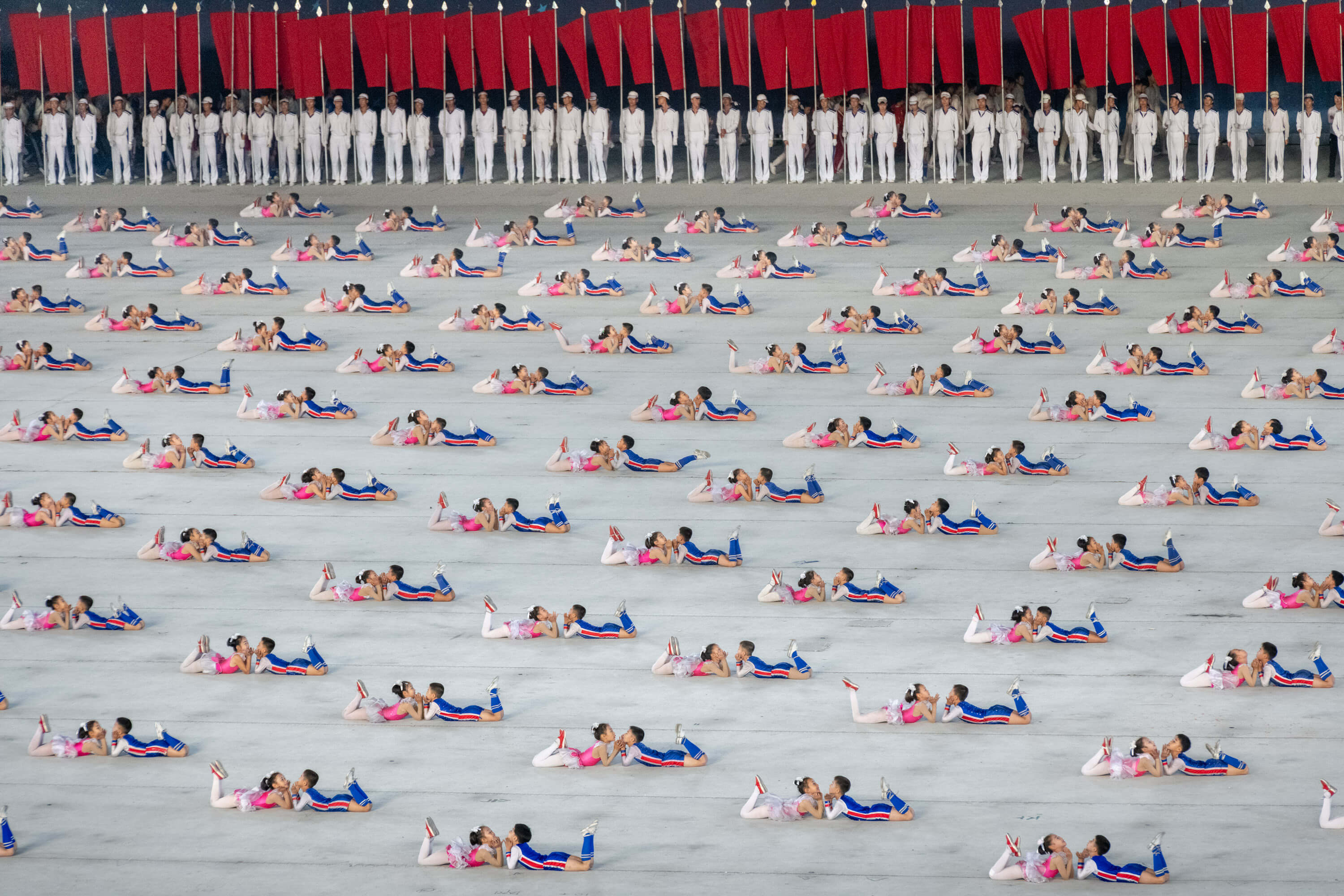
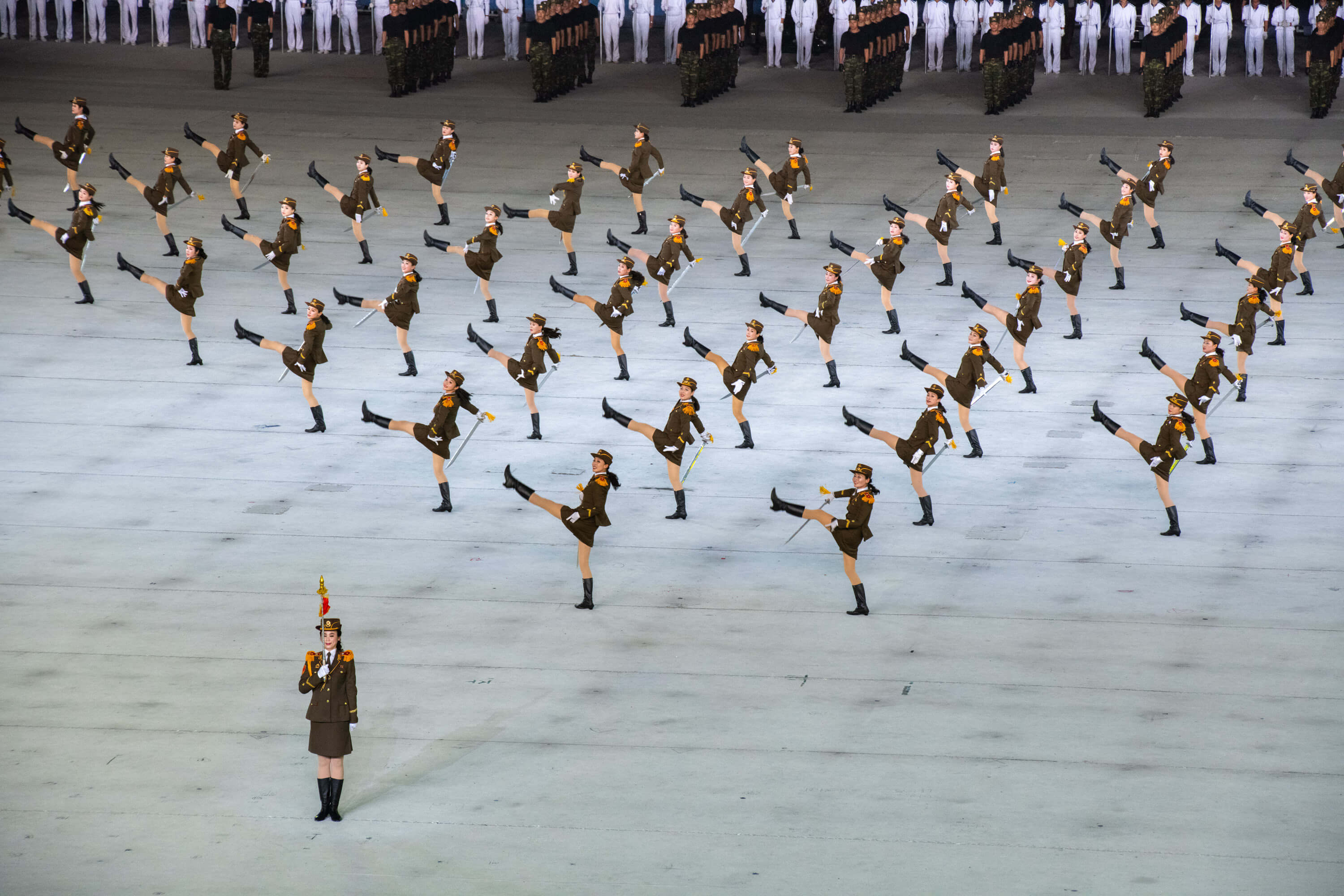
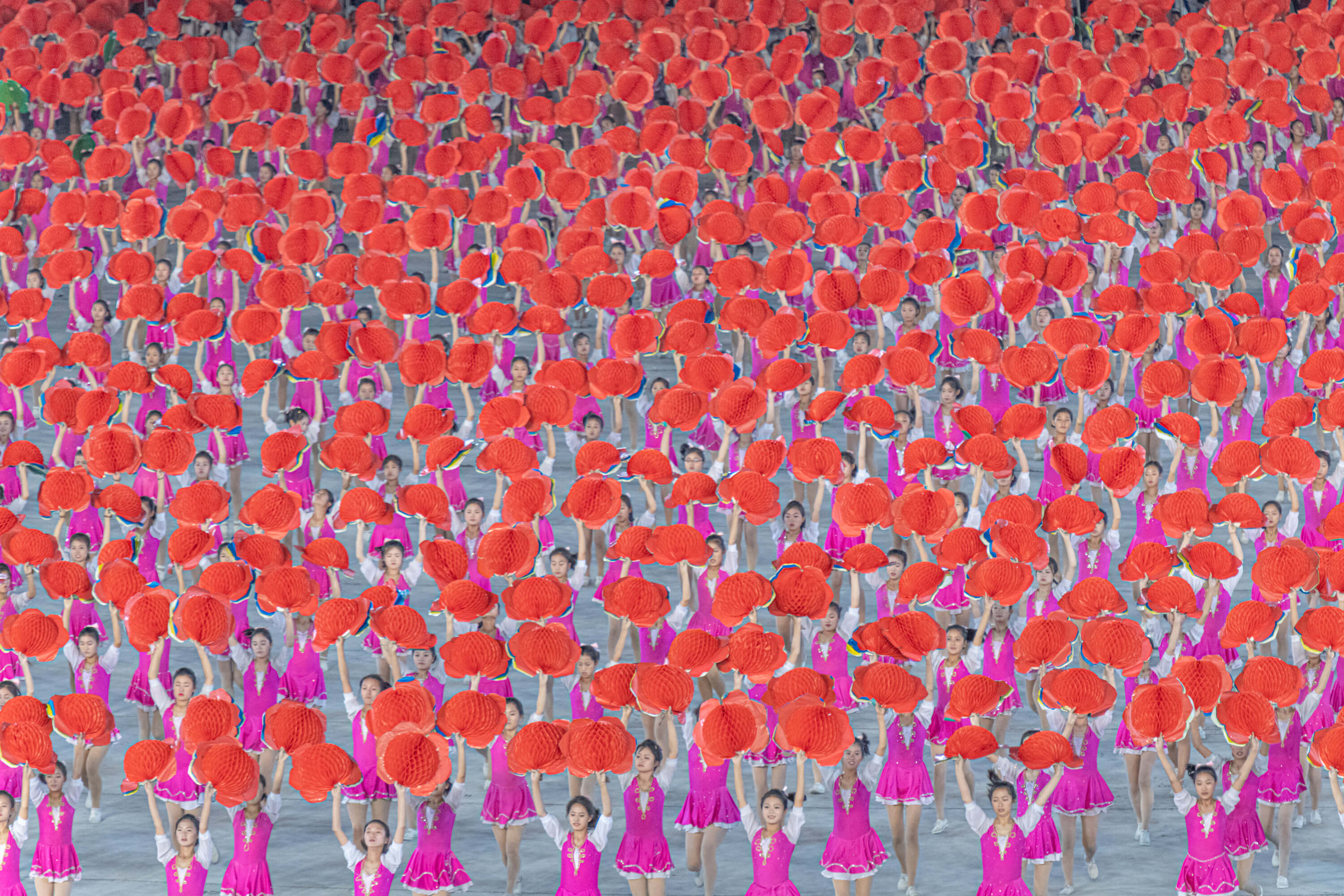
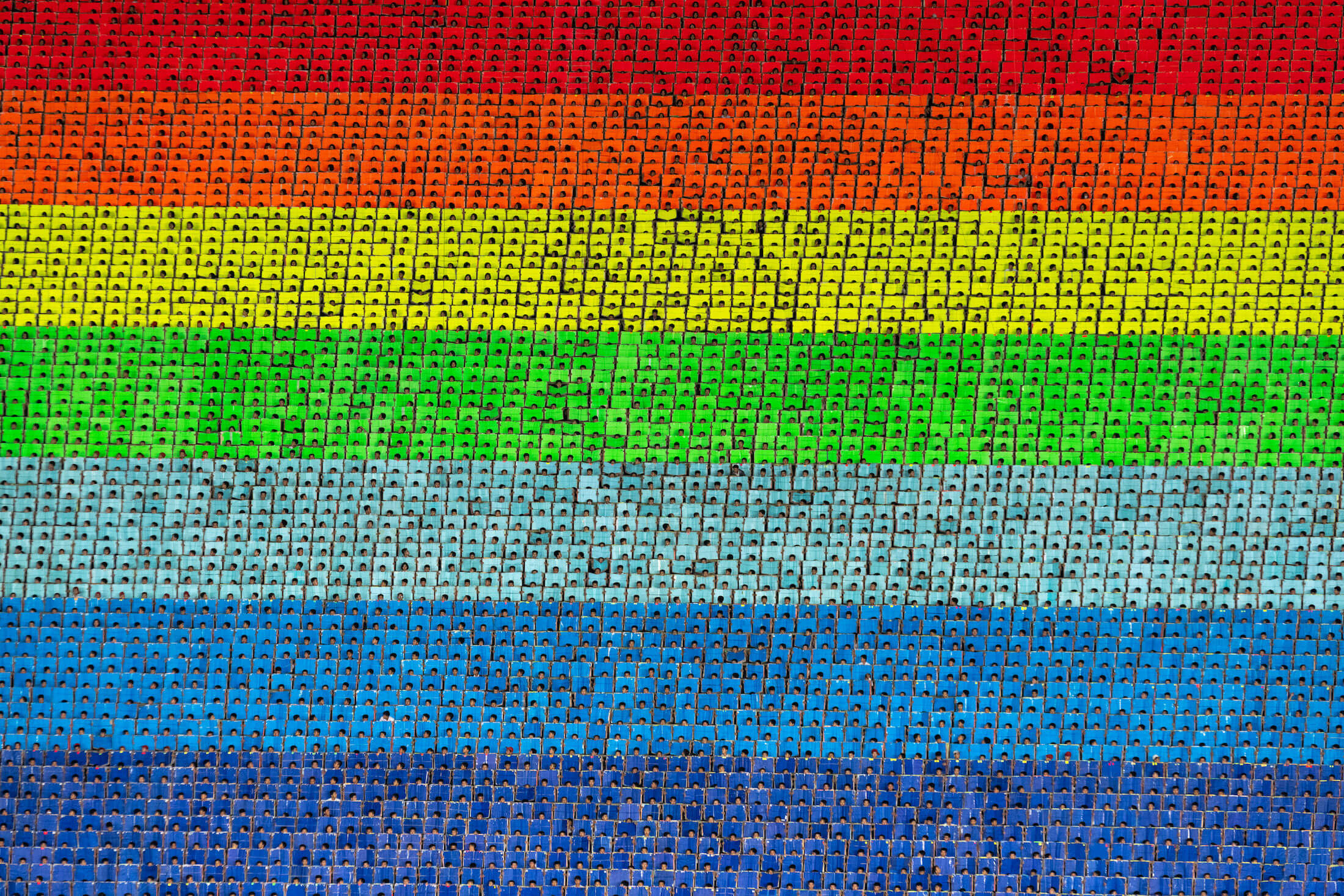
Many probably remember the Matrix character Cypher, who decided to betray the rebels in order to return to the Matrix and spend the rest of his life in a simulation of reality. This is not to say that North Korea is like the Matrix, but if you ignore (or are unaware of) the possibility of a better life, then you may well be happy in your little bubble. No surprises, no disappointments, no expectations. In a way, it is even easier to find happiness in North Korea – because, after all, it does not lie in material things.
In a way, it is even easier to find happiness in North Korea.
Would I be happy if I were born in North Korea, and what kind of person would I grow up to be? I think that I would be completely different, although I believe that one can find happiness even in such a place. But would I like to live there? Definitely not.
